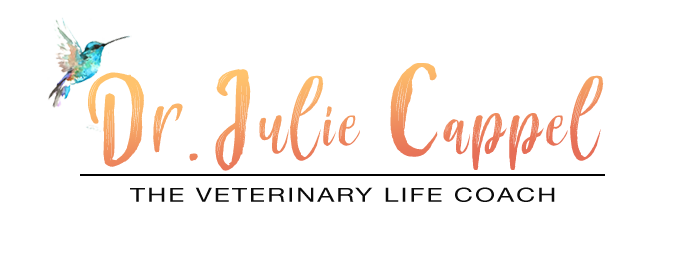This week I experienced some challenges that made me think about choosing happiness. When things are less than ideal, we have to realize that events will happen that are upsetting or annoying. We decide how we want to respond to those problems.
We had days and days of rain early in the week, and my house sits on a bit of a hill. We constantly develop a small pond in our back yard when we get lots of rain, but it is far enough from the house not to cause any issues. This week was different. We got such a large amount of rain over several days that the pond looked like a lake. I told my husband that I felt anxious about the rain, and he thought I was overreacting. I had a feeling that this rain was something of a concern. Friday morning, my husband went down to work in his basement office and found that the carpet was soaked with water. Our basement was flooding.
The first thing that I wanted to do was feel angry or upset at this crappy turn of events. I tried to blame the weather, to yell and stomp around, expressing my anger that our basement office was now ruined. I thought, now we have to tear it apart, pull out carpet and drywall, repair the area that leaked, then replace everything that got destroyed. What a mess!
My follow-up thought, which I had to work on, was to see some good in the situation to change my upset into optimism. I decided to think, "At least it is not the whole basement." "We found it before it got any worse." But, my favorite thought, the one that brought me happiness, was, "I have to work today, and that means I don't have to help pull up wet carpet and haul stuff out of the room." That thought made me feel happy, as I said goodbye to my husband and left him with the flood.
So let's talk about how we work to change a negative situation into a positive experience. How can we choose to be happy right where we are?
Start with a growth mindset. Your mindset is your self-perception or belief. If you don't believe that you can change and grow, you have a fixed mindset. People believe that their talents and abilities can be developed through hard work and dedication in a growth mindset. If you have a fixed mindset about your happiness and think that you can only be so happy, you will stay stuck in your negative emotion and see the negative every day. If you work to develop a growth mindset, you will realize that your happiness can change, and it all depends on the work you are willing to put into that change.
Once you have decided to grow, you also need to explore what happiness means to you. If you know what you are looking for, it will be easier to find it. My definition of happiness has changed over the years. I used to think more about achievements, money, and things that would make me happy. I love activity, and I am most happy doing active things. As I have matured, I realize that happiness can show up in the routine and mundane. I am happiest when chatting with my family about their lives or walking a client through medical education. I am most happy when I am present in the moment - whatever it is. Spend a little time working on your definition of happiness.
Create more balance for your life. I believe that happiness comes from within, but we must also understand our physical needs so our body and brain can work on happiness. Balance means knowing how to eat properly to fuel your body, how much sleep to get, using your days off work to refill your cup with activities that bring you joy. It does not mean that work is not also filled with joy and happiness. When I feel discouraged about going to work, I remind myself that my work is vital to the world, and I was given my talents and drive as a veterinarian to help people. I also know that if I don't have time to ride my bike or vacation with my family, I don't have balance/or harmony in my life. Work on your work-life harmony and schedule in your downtime - for self-care, physical activity, home care, relationships, and work. Work is a part of our self-care because it creates money to fund our lifestyle. We work so our brains can feel challenged and grow.
My work gets me out of the house when our basement floods. Oh happiness!
Let's all work to be a little more happy right where we are today.
Dr. Julie Cappel
"Happiness is a direction, not a place." – Sydney J. Harris.
"Happiness is a form of courage." – Holbrook Jackson.
















